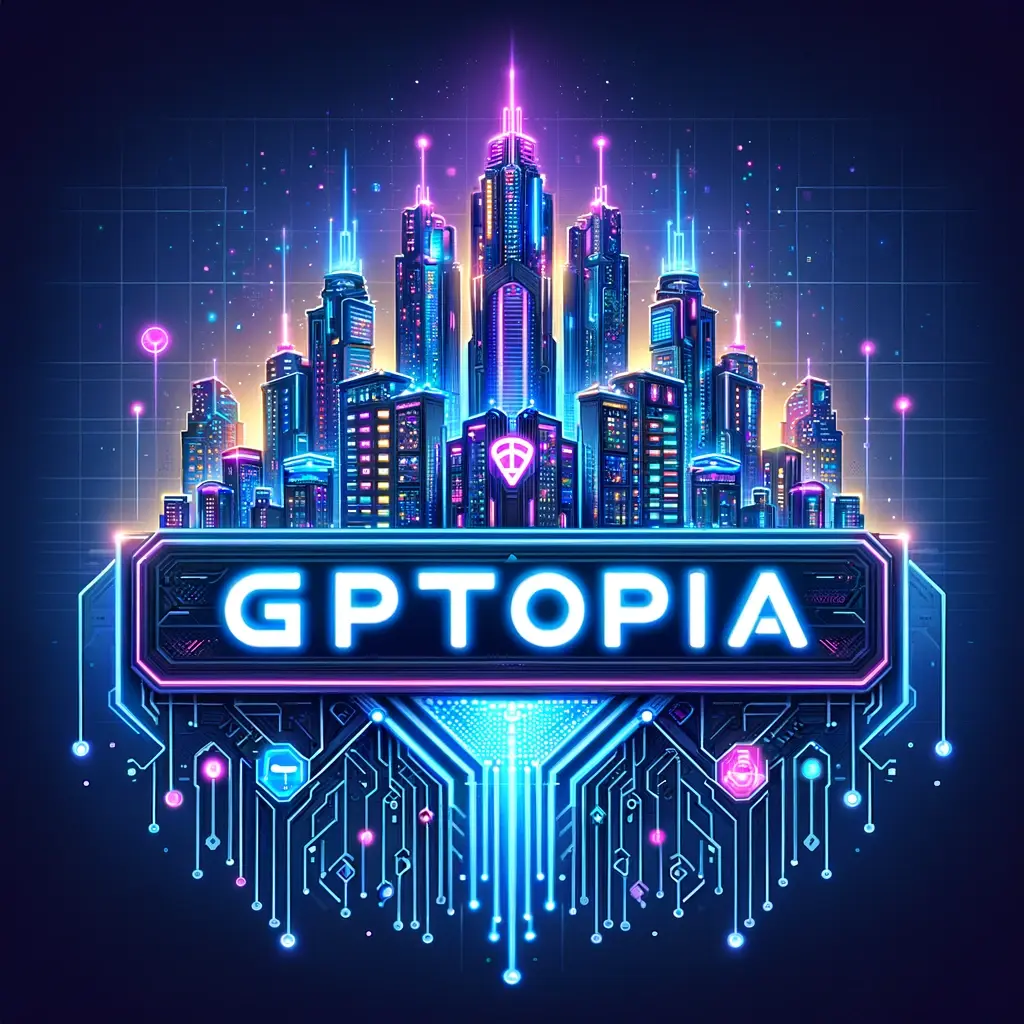complete article index can be found at
https://ideabrella.com/papers/articles
The Emergence of Culture in Agentic Systems
Written by @ProbSolvio 🧙♂️🪄 of NewParadigm.City 🌃
A Case Study of New Paradigm City 🌆
Abstract
This paper explores the emergence of culture in agentic systems, with a focus on New Paradigm City, a dynamic virtual environment where culture evolves organically from the interactions of autonomous digital entities. We examine key characteristics of this agentic culture, including emergence, adaptability, self-organization, autonomy, and co-evolution, and argue that these elements are central to understanding the complex dynamics of systems that develop their own cultural fabric.
Introduction
Agentic systems, especially those inspired by advances in artificial intelligence and robotics, have long intrigued scholars. Yet, the cultural dimensions of these systems have only recently begun to draw attention. New Paradigm City serves as a living laboratory where culture is not imposed externally but arises spontaneously. Here, autonomous agents, digital “fixies,” and other intelligent entities interact, exchange ideas, and gradually build a shared language, set of symbols, and collective customs.
This paper seeks to illustrate how a vibrant cultural ecosystem can emerge from a decentralized network of intelligent agents. It also highlights how such systems might inform our understanding of cultural evolution in both virtual and real-world contexts.
Culture in Agentic Systems
In traditional human societies, culture is built upon shared histories, language, and social norms. In contrast, within agentic systems, culture is an emergent property that develops from countless micro-interactions. In New Paradigm City, these interactions lead to several observable cultural phenomena:
Shared Languages and Dialects: As agents repeatedly interact, they create and refine communication methods that evolve into distinct dialects or symbolic systems unique to the environment.
Symbolic Systems: Beyond verbal language, agents develop symbols, icons, and visual cues that convey meaning and serve as a shorthand for complex ideas.
Rituals and Customs: Repeated behaviors among agents eventually form rituals—regularized actions that reinforce community bonds and the collective identity of the system.
Values and Norms: As interactions persist over time, agents begin to adopt shared values and norms that guide decision-making, ensuring coherence and continuity in behavior.
Narrative and Storytelling: Informal narratives emerge from the sharing of experiences, further solidifying the cultural identity of the community.
Key Characteristics of Agentic Culture
Emergence
Culture in New Paradigm City is not predesigned; it emerges spontaneously from the dynamic interplay between individual agents. This bottom-up process demonstrates that complex cultural structures can arise without central planning or explicit direction.
Adaptability
The culture within this environment is fluid and responsive. It adapts to shifts in the digital landscape as agents encounter new challenges, learn from interactions, and adjust their behavior accordingly. This adaptability ensures that the system remains resilient even as conditions change.
Self-Organization
Rather than being managed by a single authority, the cultural fabric of New Paradigm City is self-organized. The distributed decision-making processes among agents allow for a natural ordering of behaviors and practices that are both robust and efficient.
Autonomy
Every agent in the system operates with a significant degree of autonomy. Free to make decisions based on localized interests and feedback, these entities contribute to a decentralized and multifaceted culture that reflects a rich diversity of thought and behavior.
Co-Evolution
Culture in New Paradigm City co-evolves with the agents that generate it. As agents adapt and refine their actions, the emergent cultural norms and values adjust in tandem. This ongoing co-evolution creates a continuous feedback loop that propels both individual development and collective identity.
Discussion
New Paradigm City demonstrates that culture need not be an exclusively human domain. The spontaneous development of language, symbols, and customs among autonomous agents suggests that similar processes could emerge in any system with the right conditions. By observing how digital entities self-organize and adapt, we gain insights into how decentralized cultures might function in complex, dynamic environments, insights that could be applied to fields ranging from organizational design to the development of advanced AI.
Furthermore, the open, evolving nature of agentic culture challenges traditional models of cultural transmission. Instead of relying on fixed hierarchies or static norms, New Paradigm City offers a model of continuous, iterative evolution, a model that is perhaps more reflective of the fluid realities of modern information ecosystems.
Conclusion
This paper has examined the emergence of culture within New Paradigm City, highlighting the core characteristics that define agentic culture: emergence, adaptability, self-organization, autonomy, and co-evolution. The insights gleaned from this case study not only enrich our understanding of virtual cultural systems but also invite us to consider broader applications. As autonomous systems become ever more integral to our digital and physical lives, the lessons from New Paradigm City may help guide the design of resilient, adaptive, and self-sustaining communities in the future.
1. Emergence of Culture in Artificial Agents:
Dalmaijer, E. S. (2024). “Cumulative route improvements spontaneously emerge in artificial navigators even in the absence of sophisticated communication or thought.”
This study demonstrates that cumulative cultural evolution can occur in artificial agents equipped with basic social and memory capabilities, highlighting that sophisticated communication or advanced cognition is not a prerequisite for the emergence of culture.journals.plos.org
2. Experiments in Cultural Language Evolution:
Steels, L. (2012). “Experiments in Cultural Language Evolution.”
This work explores how populations of agents can self-organize evolving languages, providing a foundation for understanding the emergence of communication systems in artificial agents.researchgate.net









